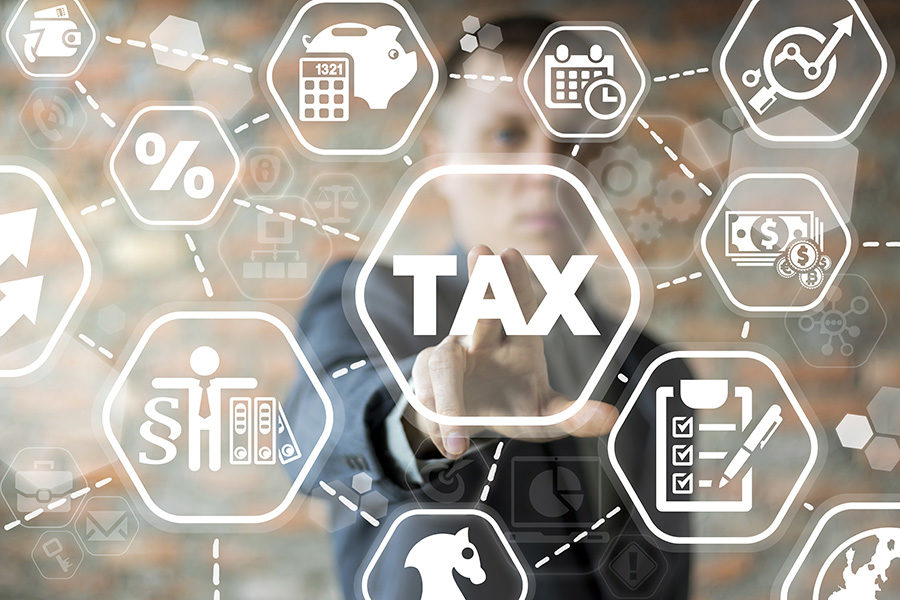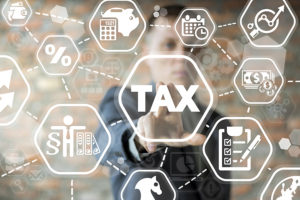Supreme Court suspends 5% POGO tax

The temporary suspension comes following a request from a consortium of 14 licensed POGOs.
Philippines.- The Philippine’s Supreme Court will issue a ruling that temporarily suspends the payment of the 5 per cent franchise tax imposed on Philippine Offshore Gaming Operators (POGOs) through the Bayanihan 2 economic recovery package.
A source within the Court told The Inquirer that 13 justices voted in favour of issuing a temporary restraining order against the collection of the tax.
The petitioners were 14 POGOs licensed by the Philippine Amusement and Gaming Corporation (PAGCOR) and who are still operational.
In November a number of other POGOs fled the market seeking to avoid the new franchise tax and the settlement of previous unpaid tax bills to the Bureau of Internal Revenue (BIR)
The source said the temporary suspension was due to the fact the Bayanihan 2 Law “imposes new taxes and are, therefore, an aberration because the entire law does not create or refer to the imposition of any new tax.”
The majority of the justices believe that the article of the law referring to the new gaming tax on POGOs is a “rider provision”.
This means the law would be in violation of the constitutional provision requiring that a bill cannot embrace more than one subject.
What is the Bayanihan 2?
The Bayanihan 2 economic recovery package was a law promoted by president Rodrigo Duterte to increase tax collection and use the funds in aid recovery efforts related to the Covid-19 pandemic.
The goal was to increase tax collection by Php15bn (US$312m) through additional taxes.
It also changed the way gaming taxes are calculated. Under the new law, POGOs have to pay a 5 per cent tax on turnover as well as 15 per cent of the salaries of their foreign workers as income tax.
They also have to pay 2 per cent of gross winnings to PAGCOR as a licence fee.
The new law also changes the currency in which tax is calculated. Taxes will now be computed based on the equivalent in Philippine pesos of the foreign currency used according to the prevailing official exchange rate at the time of payment.
This last point aims to close a loophole used by operators to under declare income.









